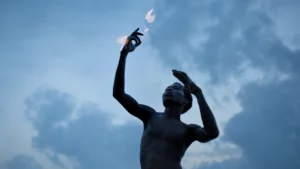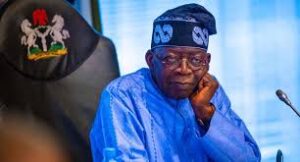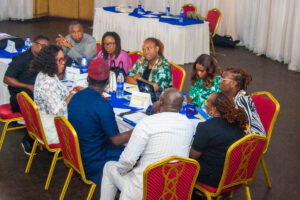Guinea is facing a constitutional, political and security crisis as a result of controversial efforts to adopt a new constitution. In early August 2019, the Democratic Coalition for a New Constitution (CODENOC), a grouping of political party and civil society allies of the ruling coalition, was established. Supporters of a new constitution argue that reforms are crucial to allow incumbent President Alpha Condé to finish his projects, in addition to strengthening democracy and allowing independent candidates to contest elections. Moreover, a new constitution would arguably be more legitimate as it would be subject to a referendum, unlike the current 2010 Constitution which was enacted by the transitional military council.
Nevertheless, the attempt to adopt an ostensibly new constitution through referendum is principally intended to bypass the prohibition against constitutional revisions tampering with presidential term limits. Under the Constitution, this provision imposing two presidential term limits cannot be amended. The adoption of a new constitution is therefore seen as the only way to change the unamendable provision. While constitutional term limits recently enabled the first peaceful transfer of power in Mauritania, Guinea (and Cote d’Ivoire) faces a conundrum as the ruling coalition and President Condé’s supporters seek ways to allow him to run for a third term. So far, regional bodies, notably the African Union and ECOWAS, have been reluctant in communicating a firm position on the issue of term limits. Condé has also so far avoided directly expressing his position.
Guinea is facing a constitutional, political and security crisis as a result of controversial efforts to adopt a new constitution. In early August 2019, the Democratic Coalition for a New Constitution (CODENOC), a grouping of political party and civil society allies of the ruling coalition, was established. Supporters of a new constitution argue that reforms are crucial to allow incumbent President Alpha Condé to finish his projects, in addition to strengthening democracy and allowing independent candidates to contest elections. Moreover, a new constitution would arguably be more legitimate as it would be subject to a referendum, unlike the current 2010 Constitution which was enacted by the transitional military council.
Nevertheless, the attempt to adopt an ostensibly new constitution through referendum is principally intended to bypass the prohibition against constitutional revisions tampering with presidential term limits. Under the Constitution, this provision imposing two presidential term limits cannot be amended. The adoption of a new constitution is therefore seen as the only way to change the unamendable provision. While constitutional term limits recently enabled the first peaceful transfer of power in Mauritania, Guinea (and Cote d’Ivoire) faces a conundrum as the ruling coalition and President Condé’s supporters seek ways to allow him to run for a third term. So far, regional bodies, notably the African Union and ECOWAS, have been reluctant in communicating a firm position on the issue of term limits. Condé has also so far avoided directly expressing his position.






